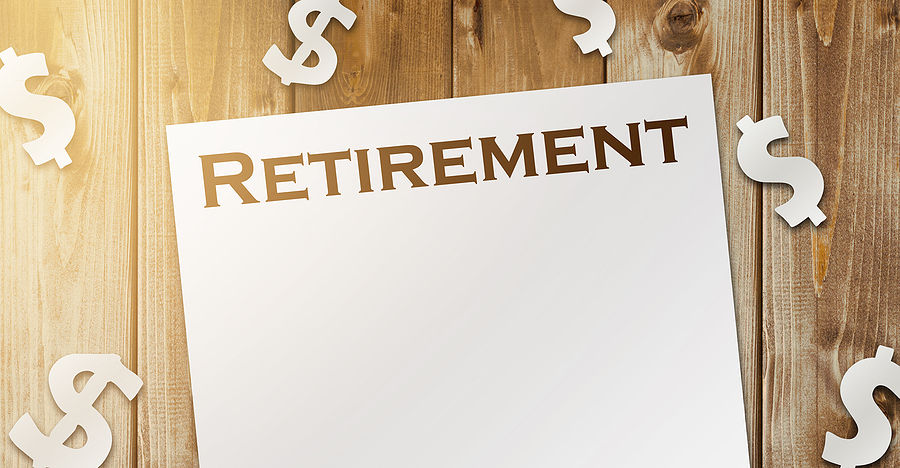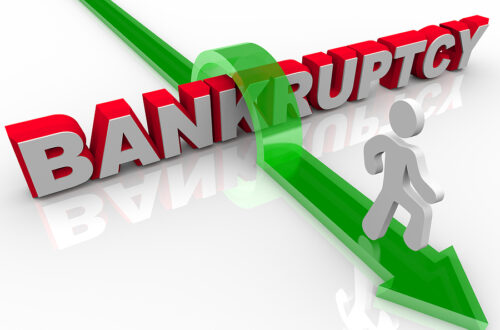Credit card debt is a burden that many consumers struggle with. Without a large influx of cash, it can be difficult to pay off outstanding credit card bills. Many consumers also struggle with deciding whether they should focus first on paying these debts off or whether they should be taking any extra funds and saving for retirement in a 401(k) or similar plan.
Paying Off Credit Card Debt
Credit cards come with high interest rates, which can make paying the balance off impossible. The larger the balance gets, the harder it can be to pay down, which is why it can often be a good idea to focus on paying this debt down first. Additionally, paying down the credit card balance to zero will also noticeably improve the consumer’s credit score. A better credit score will eventually benefit him or her for when it comes time to make a big purchase, such as a car or a home. It will also eliminate the monthly payment from the consumer’s budget, allowing him or her the chance to save for the future, including retirement.
However, paying credit card debt now instead of saving for retirement does have its down sides. By not putting money away towards retirement, the consumer is missing out on a valuable tax deduction when it comes time to file taxes. The consumer may also miss out on the chance to take advantage of his or her employer’s matching contributions to the 401(k) plan. Many companies will match employee contributions throughout the year, up to a certain amount. By not making any contributions, the employee could miss out on this extra source of savings. More importantly, by delaying saving for retirement, the consumer is only making it harder for him or her to retire later in life with a small amount of money in his or her account.
Contributing to Retirement
While most consumers do not wish to have debt when retiring, the ability to retire, if at all, hinges on whether the person properly saved for this event. Successfully saving for retirement takes time. When a young worker first hits the workforce, the idea of retirement can seem so far off, but it truly pays to begin saving as soon as possible so that the money builds up over time. Not only will the worker likely receive free company matches on his or her contributions, but he or she will also be able to take slowly build a nest egg for retirement over time.
Putting money away towards retirement first will also keep that money out of sight and out of mind for any unnecessary spending.
Alternatively, however, by not paying off the credit card balance, the consumer will likely carry this load of debt on into retirement. Delaying paying off credit cards only delays the consumer having full financial freedom.
Ultimately, it is best if consumers do a little bit of both: saving for the future while cutting down on their discretionary spending, freeing money to pay off credit card debt. Even if the contribution to the person’s 401(k) is minimal at the start, it is better than putting absolutely nothing in the retirement account. Once credit card debt has been reduced, the consumer can then increase the amount he or she is contributing towards the 401(k).
As bankruptcy attorneys, we see credit card debt as one of the most common problems facing those with serious financial challenges. It is not surprising with the high interest rates, unreasonable fees, harassing debt collection calls, penalties and never-ending minimum payments that do not even make a dent in your actual debt. We offer additional tips for eliminating credit card debt on our blog.
Filing for bankruptcy is also a viable option for those struggling with insurmountable credit card debt. Chapter 7 is the fastest form of consumer bankruptcy and forgives most unsecured debts like credit card debt, medical bills and personal loans. There are certain qualifications a consumer must meet in regards to income, assets and expenses to file for Chapter 7 bankruptcy, which is determined by the bankruptcy means test.
Those filing for bankruptcy can still protect valuable assets. Retirement income and savings are out of reach and protected under federal law, including: 401(k)’s, pensions, social security payments, qualified profit-sharing plans, and individual retirement accounts worth up to $1.245 million are all exempt from creditors during bankruptcy.
Please click here to read more.
If you have questions on this topic or are in financial crisis and considering filing for bankruptcy, contact an experienced Miami bankruptcy attorney who can advise you of all of your options. As an experienced CPA as well as a proven bankruptcy lawyer, Timothy Kingcade knows how to help clients take full advantage of the bankruptcy laws to protect their assets and get successful results. Since 1996 Kingcade Garcia McMaken has been helping people from all walks of life build a better tomorrow. Our attorneys’ help thousands of people every year take advantage of their rights under bankruptcy protection to restart, rebuild and recover. The day you hire our firm, we will contact your creditors to stop the harassment. You can also find useful consumer information on the Kingcade Garcia McMaken website at www.miamibankruptcy.com.


